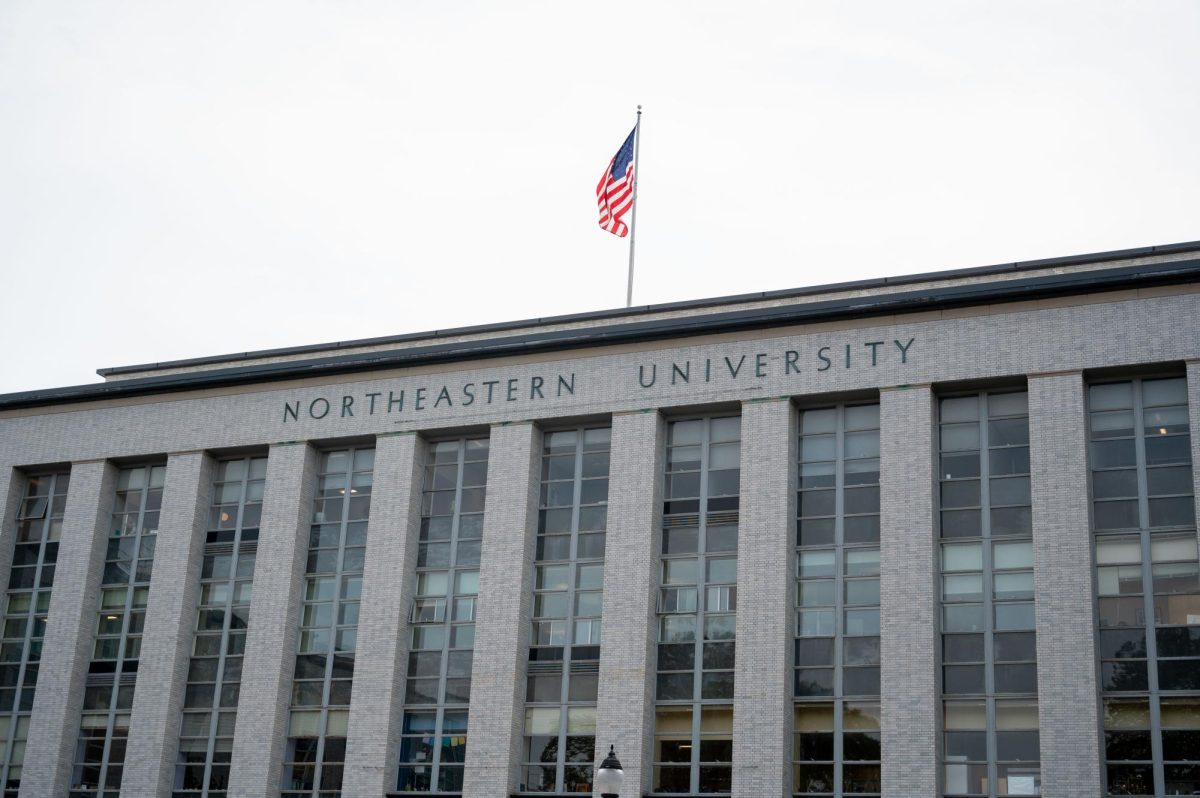Completing a dominating sweep of the first two and most scrutinized nomination events, Sen. John Kerry won the New Hampshire primary Tuesday night after his victory in Iowa last week. Kerry prevailed over a group of six rivals for the Democratic nomination for president that included longtime front-runner Howard Dean.
While all of the candidates claimed to have gained momentum from the victory, the final tally had Dean, the race’s former front-runner, finishing behind Kerry by almost 15 percentage points, with retired Gen. Wesley Clark and North Carolina Sen. John Edwards both coming in with 12 percent, with Clark leading by only a few hundred votes.
Dean, the former governor of Vermont, was closer to Kerry than last week in Iowa, where he finished third with 18 percent of the vote. In New Hampshire, where some polls once showed him with over 35 percent of support, Dean pulled in 26 percent.
Despite a strong showing in Iowa, where he came in second to Kerry by four points, Sen. Edwards came in fourth in New Hampshire, a state that is traditionally weak for Southerners. Edwards, though, was delighted to receive the 12 percent that he did get, citing the positive message of his campaign and success in Iowa as causes for his jump two weeks ago.
“This momentum is extraordinary,” Edwards told a crowd of his supporters following the releases of the results. “Now we’re going to take this extraordinary energy that we’ve seen in New Hampshire and we’re going to take it right through Feb. 3.”
While both Dean and Lieberman also claimed a gaining in momentum for the forthcoming six primaries next Tuesday, the attention clearly appeared to be on Kerry, who, after two victories, has emerged as the clear front-runner in many people’s minds.
“I’m very happy for Senator Kerry, I think he’s the more deserving candidate more so than Dean,” said Robert Wisdom, a graduate student in the School of Health Sciences. “[Dean’s decline] is mainly due to the fact people are looking for someone who’s electable, and although we may support him on some issues, he doesn’t seem like the most electable candidate.”
The shifting tide away from the Dean campaign, which began as a result of negative campaigning between he and Representative Richard Gephardt in Iowa last week, and was catapulted after an angry concession speech that dismayed many voters, has apparently bounced back at least in poll numbers after he dropped to as low as 18 percent over the past week, but has not translated to a victory at the voting booth.
Jason Zahler, who runs the NU Students for Dean group on campus, said he believes Dean can still make a comeback, with college students at the forefront of his campaign as they have been since it began close to a year ago.
“The negative media attention [surrounding the campaigning and concession speech] was an unjust proxy war designed to catapult the Washington establishment back to the front of the presidential race,” Zahler said. “College students have shown they care about the injustices done, and the only way for us to take back our country with Howard Dean leading is for the college students who have supported him to stand strong.”
Dean has enjoyed particular support from college students, who, according to numbers from the past three presidential campaigns, are traditionally less likely to vote, as a result of a campaign that has put an emphasis on grassroots activism, rather than the large scale, media-centered events that a more traditional campaign like Kerry’s has run.
“People that believe in Governor Dean will continue to support him til the end, as his group of grassroots supporters has never been seen before,” Zahler said. “Dean has brought more new faces to this presidency, while John Kerry took money for loans on his house.”
As expected from a senator who is a native of Boston, Kerry’s campaign has not been hard-pressed to find support among college students at Northeastern either. The NU Democrats is mainly comprised of Kerry supporters, said President Chris Tully, and many, who also belong to NU Students for Kerry, were in New Hampshire this weekend campaigning for the senator.
“Getting involved in the campaign is almost like an addiction,” Tully said from Kerry’s victory speech in New Hampshire. “It’s an exciting night. Kerry definitely has the momentum right now.”
With the momentum Kerry has gained with his recent two victories, he is continuing to garner support.
“I think it’s going to be more of an insurgency from someone who was originally pegged as a typical Massachusetts politician,” said Jason Gregoire, a sophomore political science major. “When Howard Dean was big in New Hampshire and Iowa, Kerry was really written off.”
Others are rallying behind Kerry because of his electability in a year when beating incumbent President George W. Bush is the major goal of many Democrats.
“I don’t think any of the Democratic candidates have a chance at beating Bush, but I think Kerry probably is the best of the candidates that have a shot,” said Tanya McCleykin, a senior management information systems major. “I’m a little nervous about Dean. I think [his decline in the polls] is kind of to be expected, because Dean’s a little too brash. Let’s do anything to get Bush out.”
The race in New Hampshire, which was considered winnable by the top four candidates and Conn. Sen. Joseph Lieberman, presented a unique view for Boston residents of the intense campaigning that will never take place in Massachusetts because John Kerry, a Boston native, is expected to win the race almost by default.
Since New Hampshire is in the Boston media market, Boston residents found themselves pelted with campaign ads from the Democratic hopefuls focusing on the only state to hold its primary this early.
For Alex Shmulzky, a senior criminal justice major, it was a look into the bad side of politics – rhetoric and negativity in campaigning.
“I feel political parties, especially the Democrats, are focusing on what they don’t like rather than what they do like. I don’t know what Kerry believes in, but I could tell you what he doesn’t believe in,” Shmulzky said.
From New Hampshire, the campaigning moves to the six states that hold primaries next week which are spread throughout the country and are unlikely to see the flurry of advertising that took place over the last week here.










